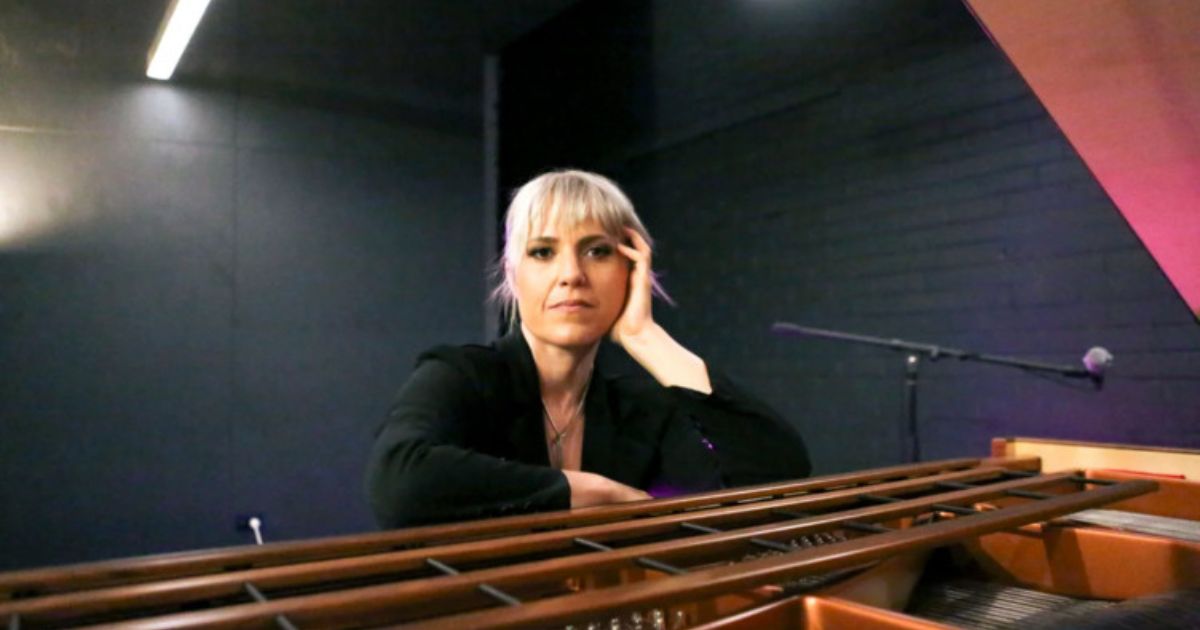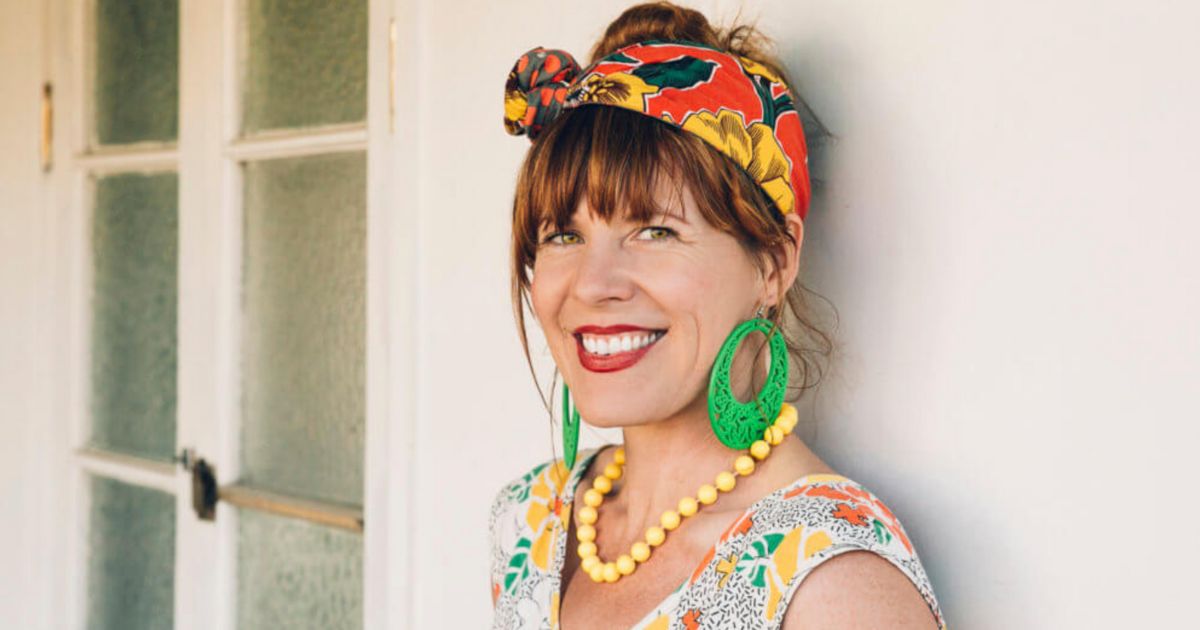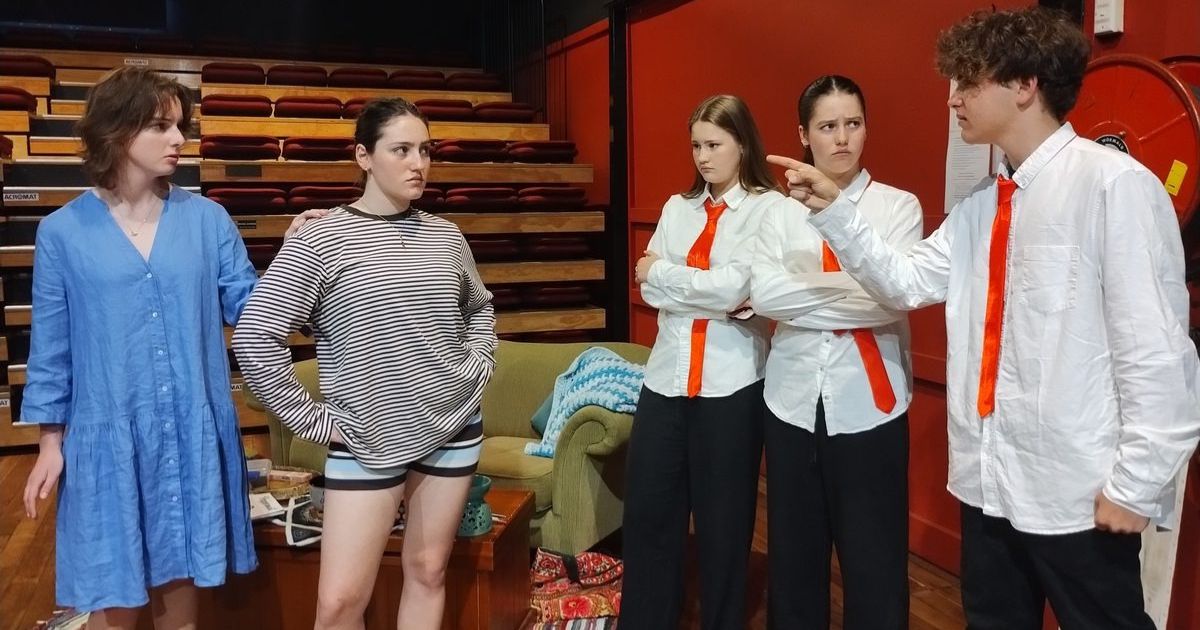Marlon Williams’ journey between
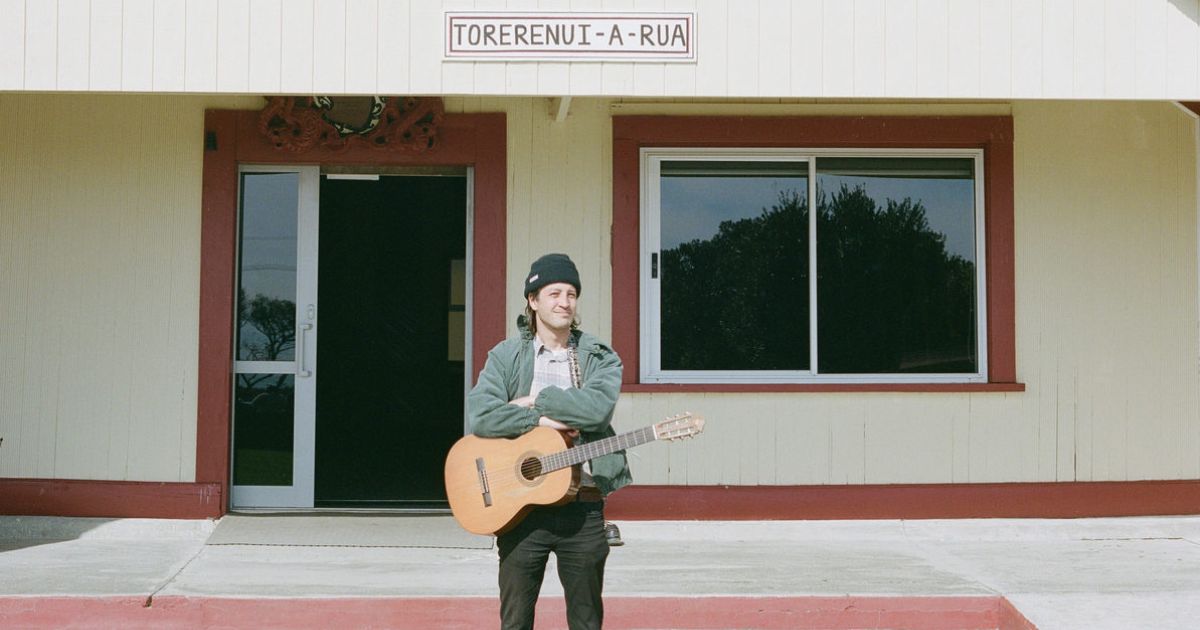
From Lyttelton to the world stage, Marlon Williams has built a career defined by range and reinvention. Photo: TIM FLOWER
WHEN New Zealand musician and actor Marlon Williams began work on his first album in te reo Māori, he could not have imagined it would become the centre of a four-year film project.
That journey is now the focus of Marlon Williams: Two Worlds – Ngā Ao E Rua, a documentary following the acclaimed artist as he writes, records and reflects on language, identity and home.
The film will screen at this year’s Byron Bay Film Festival, where Williams says the creative spirit of the town feels like a natural fit for his story.
“I think Byron is historically a place that’s very curious and accepting of different strands of stories,” he says.
“There’s a real openness there, particularly to non-mainstream ideas. There’s always been a strong desire for songs in te reo Māori, and I know there’s a lot of world music that comes to Byron.”
Williams says he recognises something familiar in Byron’s artistic communities.
“In the most basic sense there’s a similar kind of free-thinking, anti-establishment spirit. People who like to rethink things and think outside the box. So yeah, it makes sense.”
Born in Lyttelton, south of Christchurch, Williams has built a global career that bridges genres and art forms.
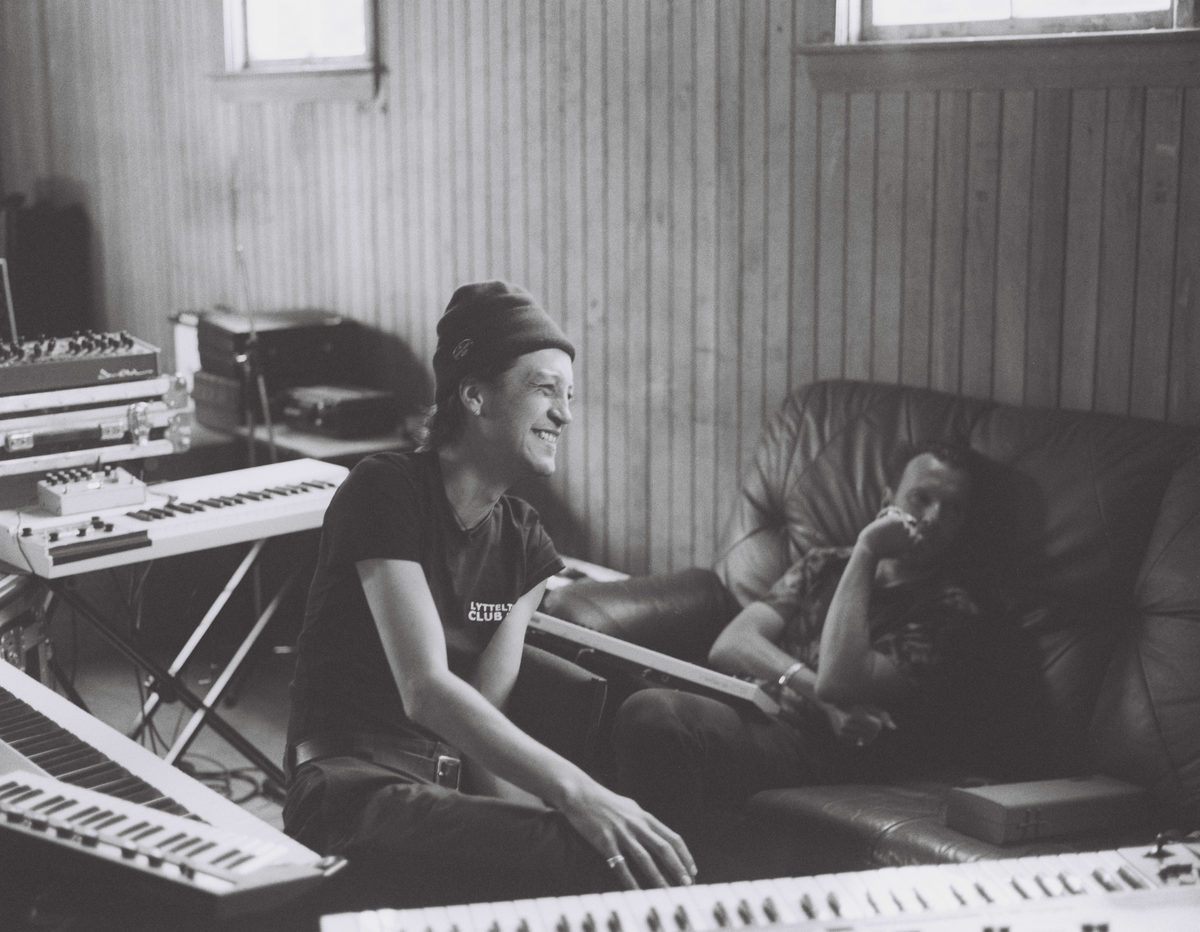
Known for his distinct vibrato and haunting tone, he has performed with Bruce Springsteen, Florence + the Machine and Lorde, and appeared in films such as A Star Is Born, True History of the Kelly Gang and the Netflix series Sweet Tooth.
In Two Worlds, he returns home, exploring his Māori heritage through song and language. Williams says it was community that gave him the confidence to write an entire album in te reo Māori.
“To be honest, it was community, having people around me who made it possible,” he says.
“In particular, Komi Tamaiti Elf, who wrote the album with me, is a beautiful speaker of Māori, a lecturer and composer in their own right.”
After years of touring, the project became a way to reconnect.
“There was a real need to sing in the language. I’d been building up to it for years. I just wanted to let it out, you know? The sounds of the language itself.”
The resulting album, He Whare Tīwekaweka (A Messy House), reflects the creative flux of that period. “Messy” for Williams does not mean chaos or disorder but something alive and changing.
His songwriting process, however, is anything but conventional. “It gets spookier and more superstitious as I go on,” he says.
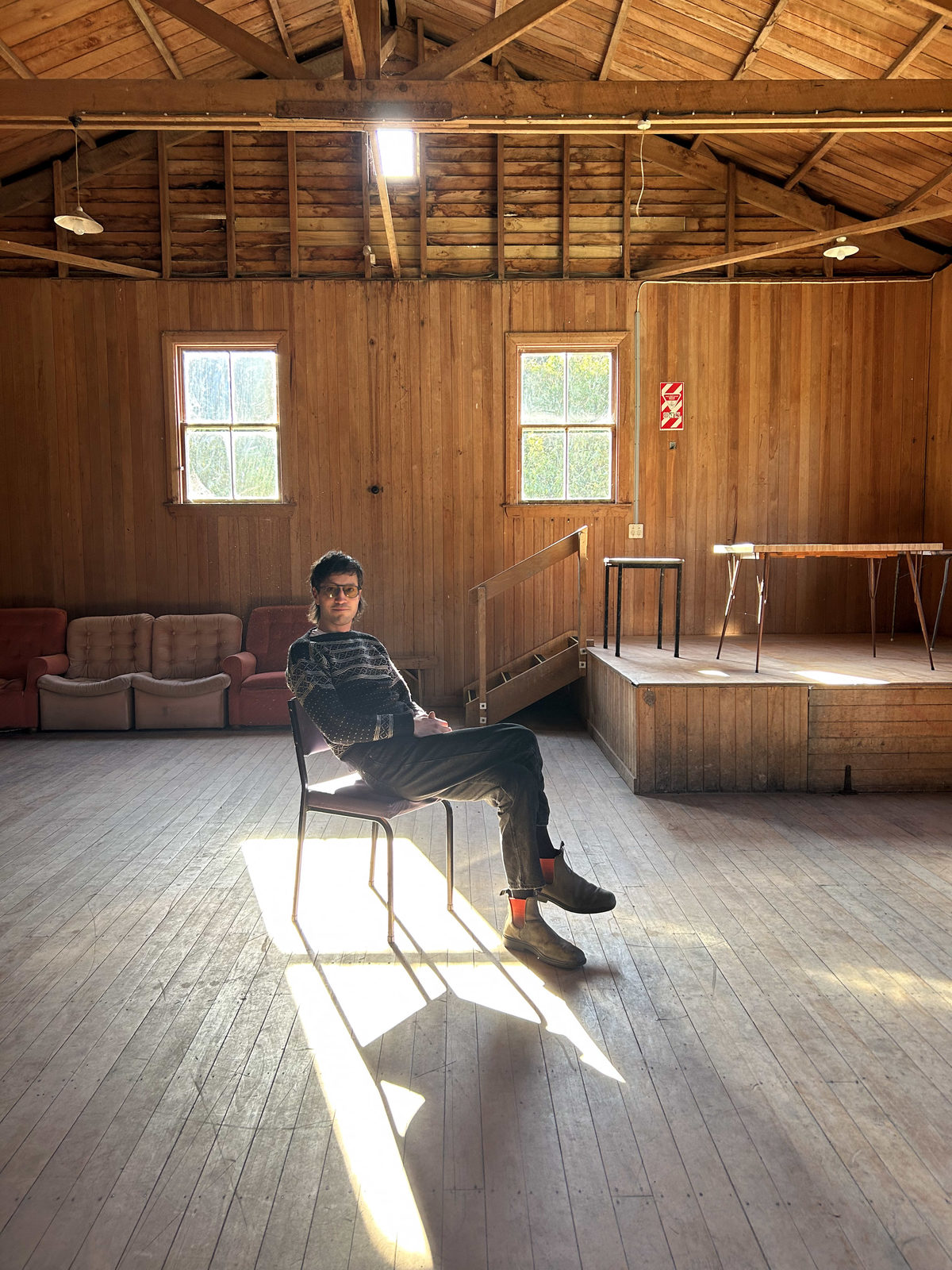
“I’m not a methodical writer. I’ve got friends who get up at nine, write for three hours, have lunch, and write again, but I’m not like that. My process is to wake up in a bit of a frenzy around eleven, drive around looking for coffee, keep driving for hours, singing random melodies in my head, and eventually, hopefully, something makes it to paper.”
Partnerships, he says, have always been central to his work.
“I’m a real ideas guy. I’ve got a lot of ideas, but I love working with people who can crystallise them. When I trust someone and they’re the right person, they can find the thread of what I’m trying to say.”
“Community just breeds better results for me. I’m not a bedroom producer. I’ve always sung in choirs, done kapa haka, and as soon as I got to high school I started singing with my bassist Ben. We’ve been singing together ever since.”
That spirit of collaboration extends to his long friendship with Lorde, who invited him to sing on her Māori-language EP Te Ao Mārama.
“She took a big step by releasing that,” Williams says.
“It was a huge move for a Pākehā, non-Māori pop star from New Zealand. It was brave and bold, and I took a lot of courage from that. It was inspiring. If Ella’s doing this, then I want to do it too.”
While Williams is used to performing and acting, being the subject of a documentary was an entirely different experience.
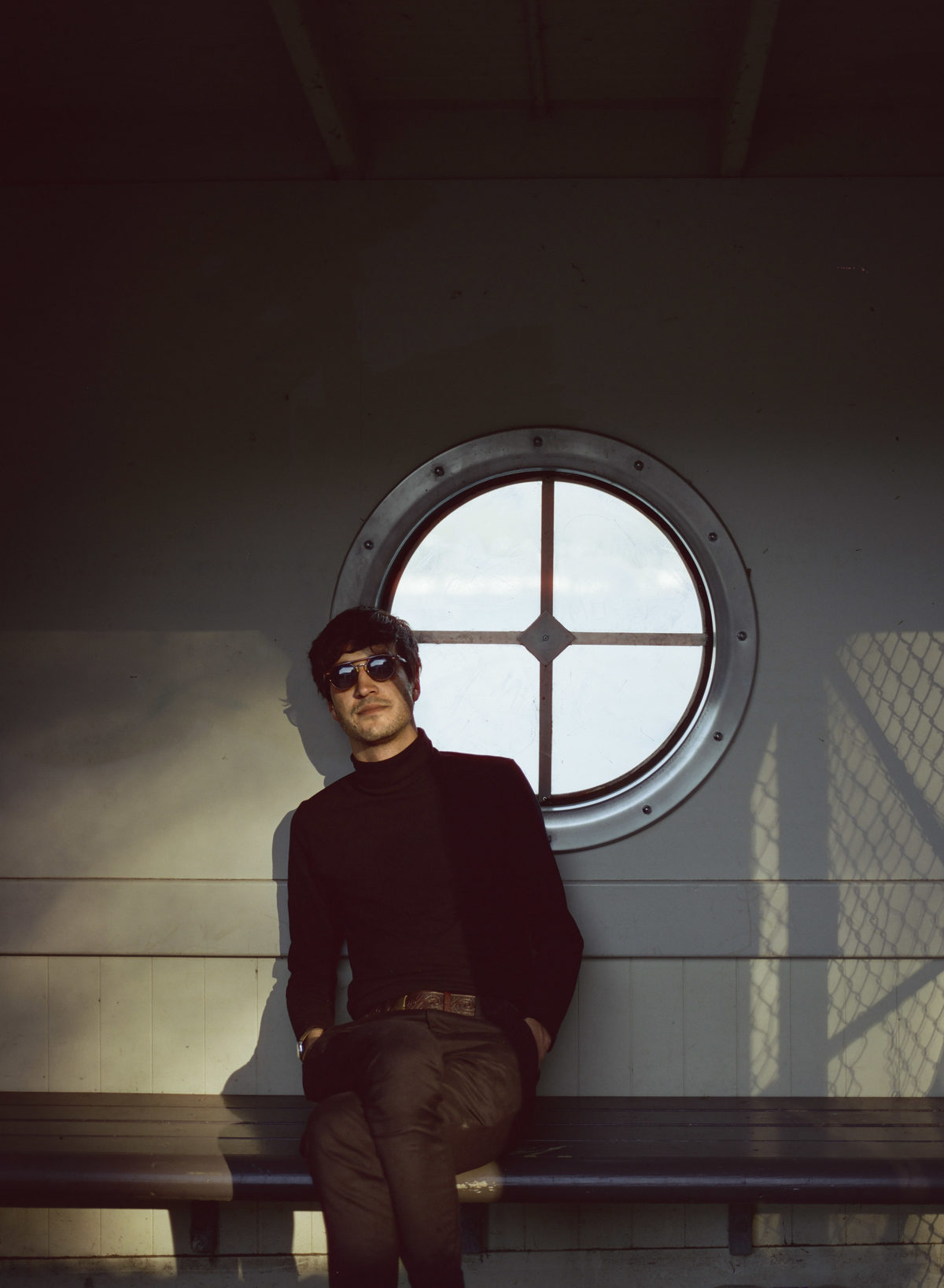
“It was very different and very confronting,” he says.
“So much about being an artist, and especially an actor, is about obfuscation, creating enough ambiguity and vagueness to keep people guessing. Making this documentary was the opposite. It was about presenting a really authentic image of myself. That was hard. It took a while for it to land that, oh, this is a biography of me as a person. That’s really scary for someone who usually hides behind smoke and mirrors.”
Now in his early thirties, Williams says the film left him with a renewed sense of time and urgency.
“What it showed me is that I’m mortal,” he says. “I’ve released maybe five albums in my life; if I’m really lucky, I’ll get another ten out. There’s a finiteness to a single human life. It reminded me I’ve got to keep doing the things I want to get done while I’m still here.”
Next, he plans to help his collaborator Komi record their own album before returning to film in early 2026.
“After that, there’ll be more touring in the middle of the year, and then I’ll start working toward whatever comes next,” he says.
For now, Two Worlds feels like a closing of one chapter and the start of another. “It’s been a journey,” Williams says. “And I think Byron will get it.”
Marlon Williams: Two Worlds – Ngā Ao E Rua screens at the Byron Bay International Film Festival on October 25 & 26. Individual tickets and session passes at bbff.com.au











